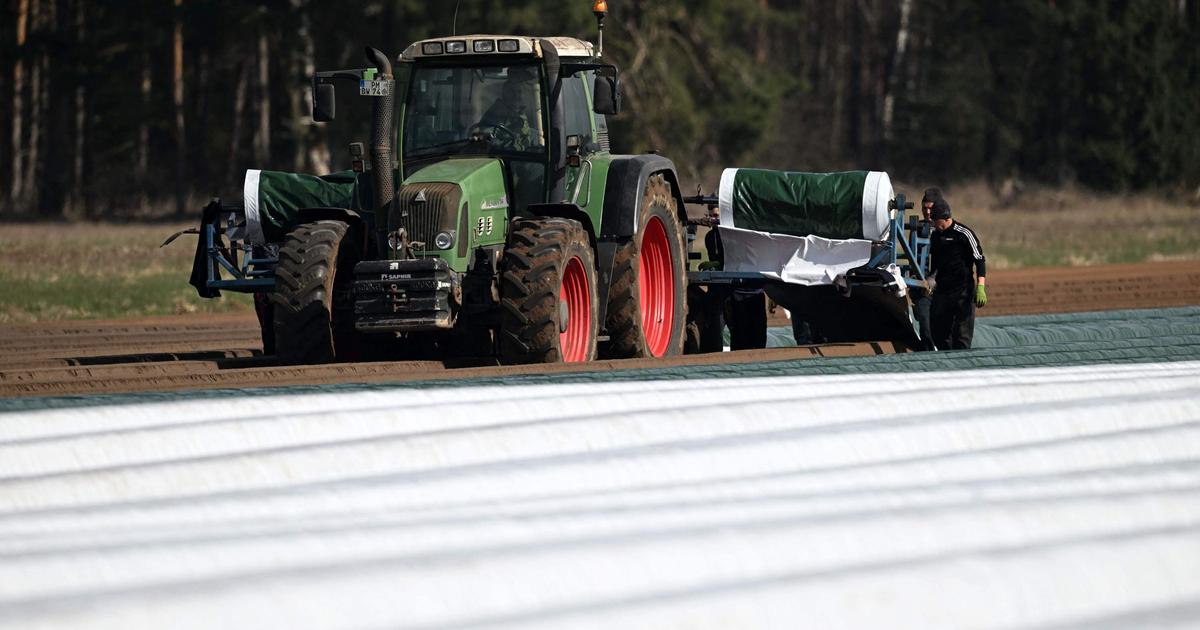Fallows, hedges, crop rotation... The European Commission will propose legislative revisions on Friday to drastically ease the environmental rules of the Common Agricultural Policy (CAP), at the heart of strong protests in the sector across the European Union.
The new CAP (2023-2027), which came into force last year, requires farmers to respect a series of strict environmental criteria to receive European payments.
The proposals that Brussels will unveil at the end of the afternoon and which will have to be negotiated by Member States and MEPs, aim to greatly relax these criteria, or even to remove some of them, to the great dismay of environmental NGOs.
Among these “
green
” conditions: farms must currently leave at least 4% of arable land fallow or non-productive areas (hedges, groves, ponds, etc.).
The Commission had already suspended this criterion temporarily for 2023, then partially for 2024. Now, Brussels is proposing to revise the legislation to remove it completely, leaving only the ban on trimming hedges during nesting periods.
“
It was really difficult for farmers to accept
” these fallow obligations, but they can always choose to do so on a voluntary basis in exchange for bonuses (“eco-schemes”), explained the European Commissioner for Agriculture , Janusz Wojciechowski.
Also read: Failure of WTO negotiations on fisheries and agriculture
Three major changes in the CAP
Brussels wants to tackle other “
conditionalities
” criticized by agricultural organizations, which consider them impractical in the face of climatic hazards and economic difficulties.
The obligation (which came into force this year) of crop rotation, with a crop different from the previous year on 35% of arable land, could thus be replaced by a simple “
diversification
” of crops.
For the ban on bare floors during sensitive periods, "
the idea would be that these periods are not rigid, that the Member State can define them flexibly taking into account regional differences
", underlined Janusz Wojciechowski, in sidelines of a press conference in Poland.
“
Most of these changes will come into force in 2025, but will apply retroactively to January 1, 2024, which means that farmers (...) will not be penalized for not having respected these conditionalities”
from this year, he insisted.
Another major change: the Commission is proposing to exempt small farms of less than 10 hectares from controls linked to environmental conditions, and from penalties, which represent 65% of CAP beneficiaries, but only cover 9.6% of the surface area.
“
The number of farms of this type varies from one country to another, but in Poland, for example, they represent three quarters of all farms
,” notes the European Commissioner.
Finally, States would no longer be obliged to modify their national “strategic plans” for implementing the CAP according to the evolution of EU environmental and climate legislation.

